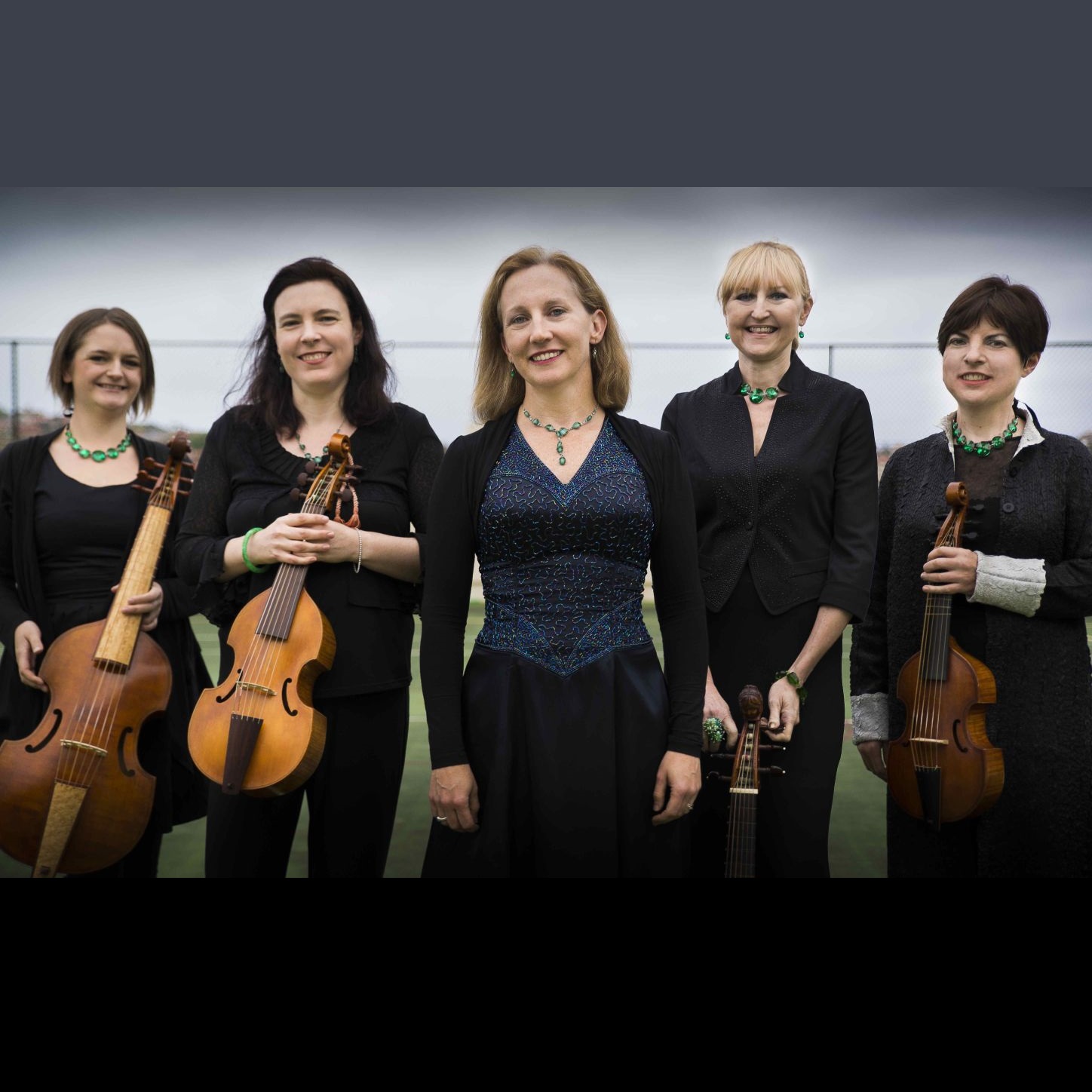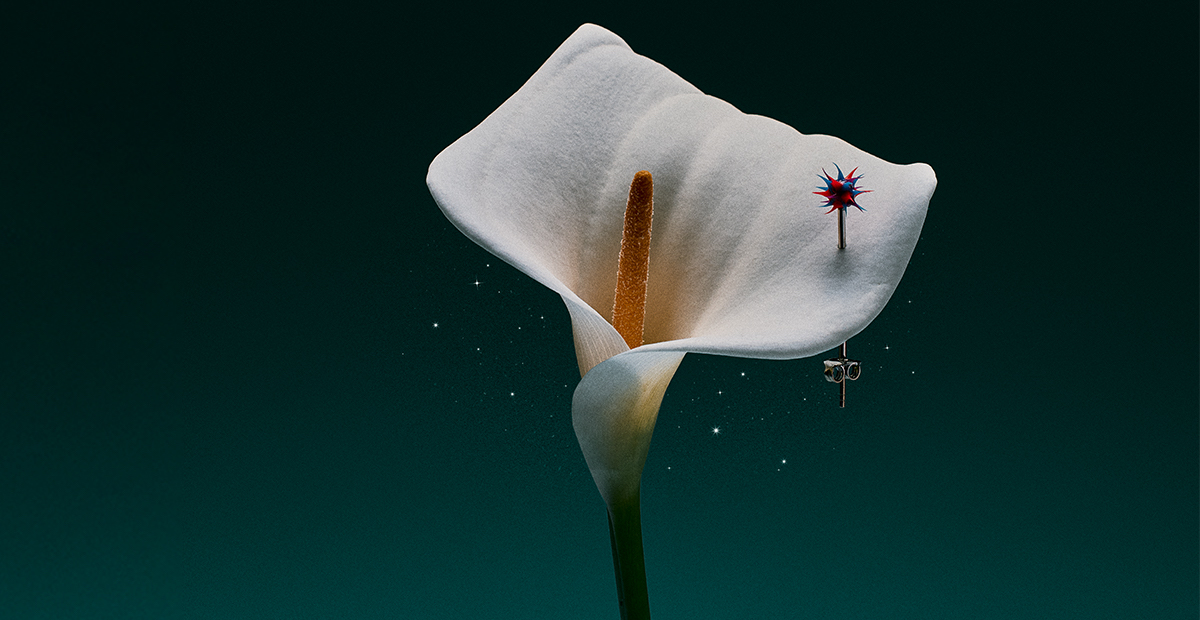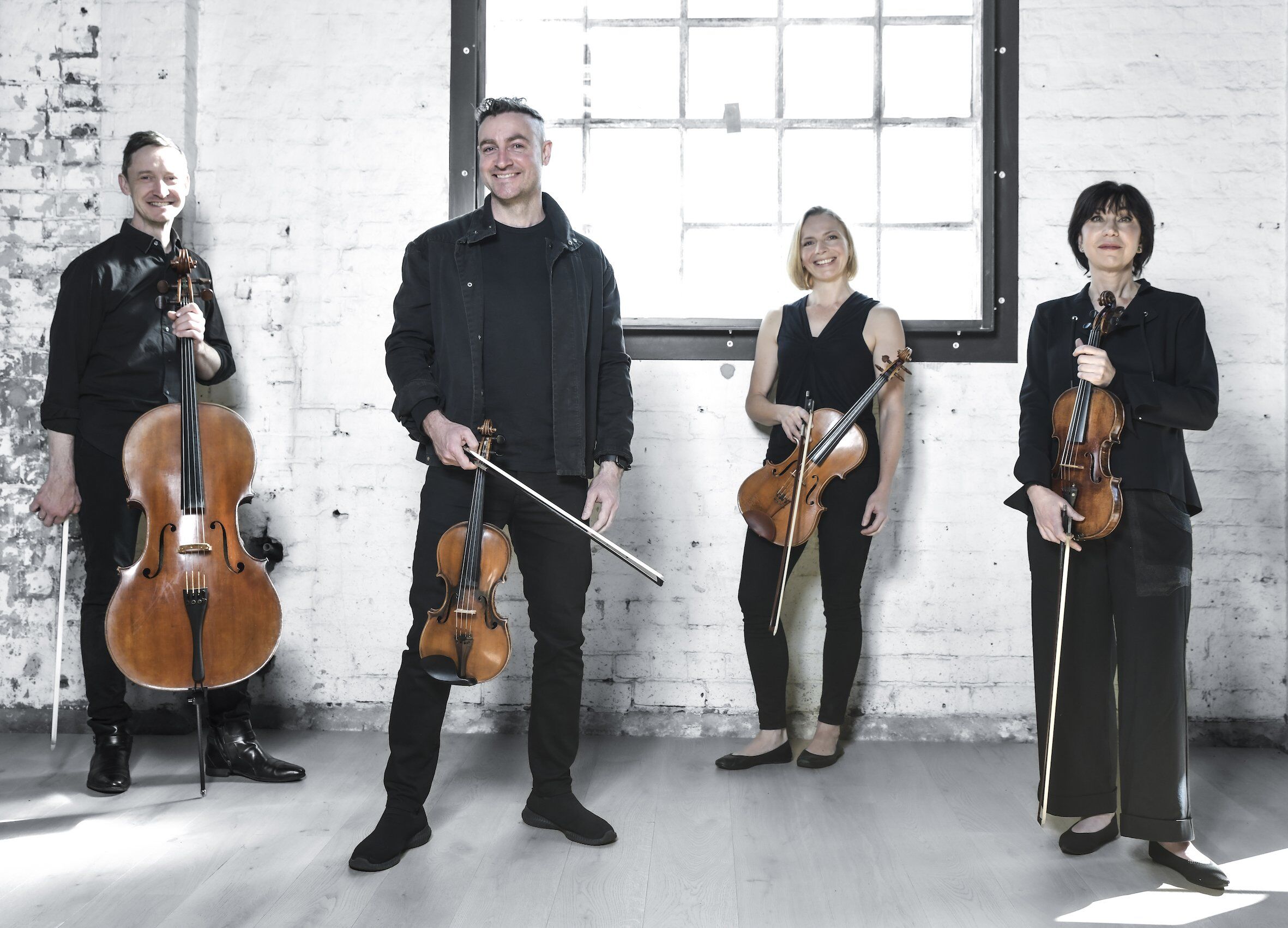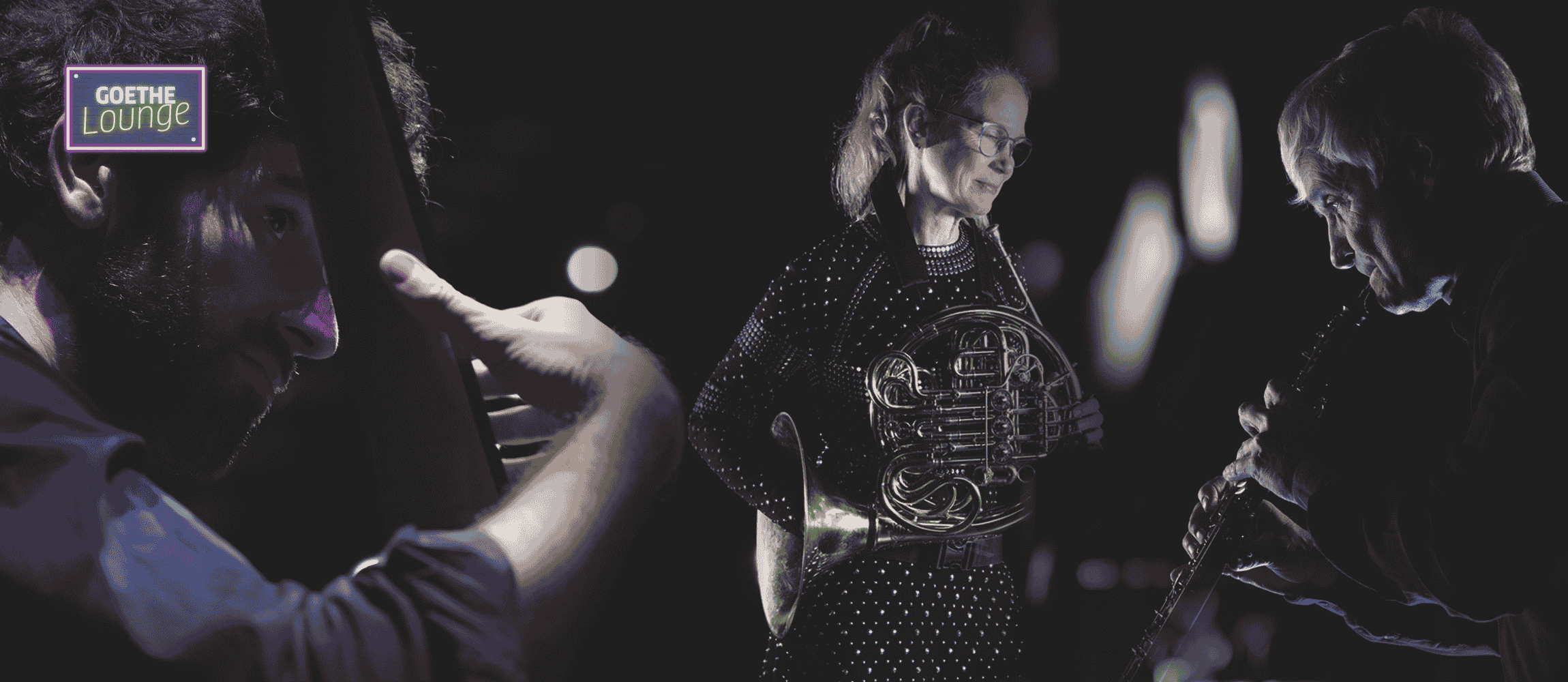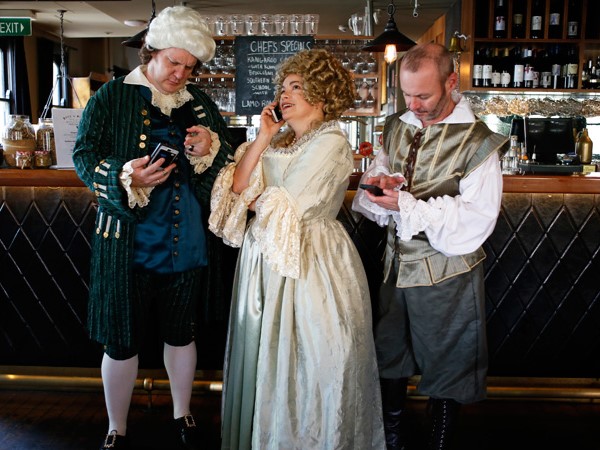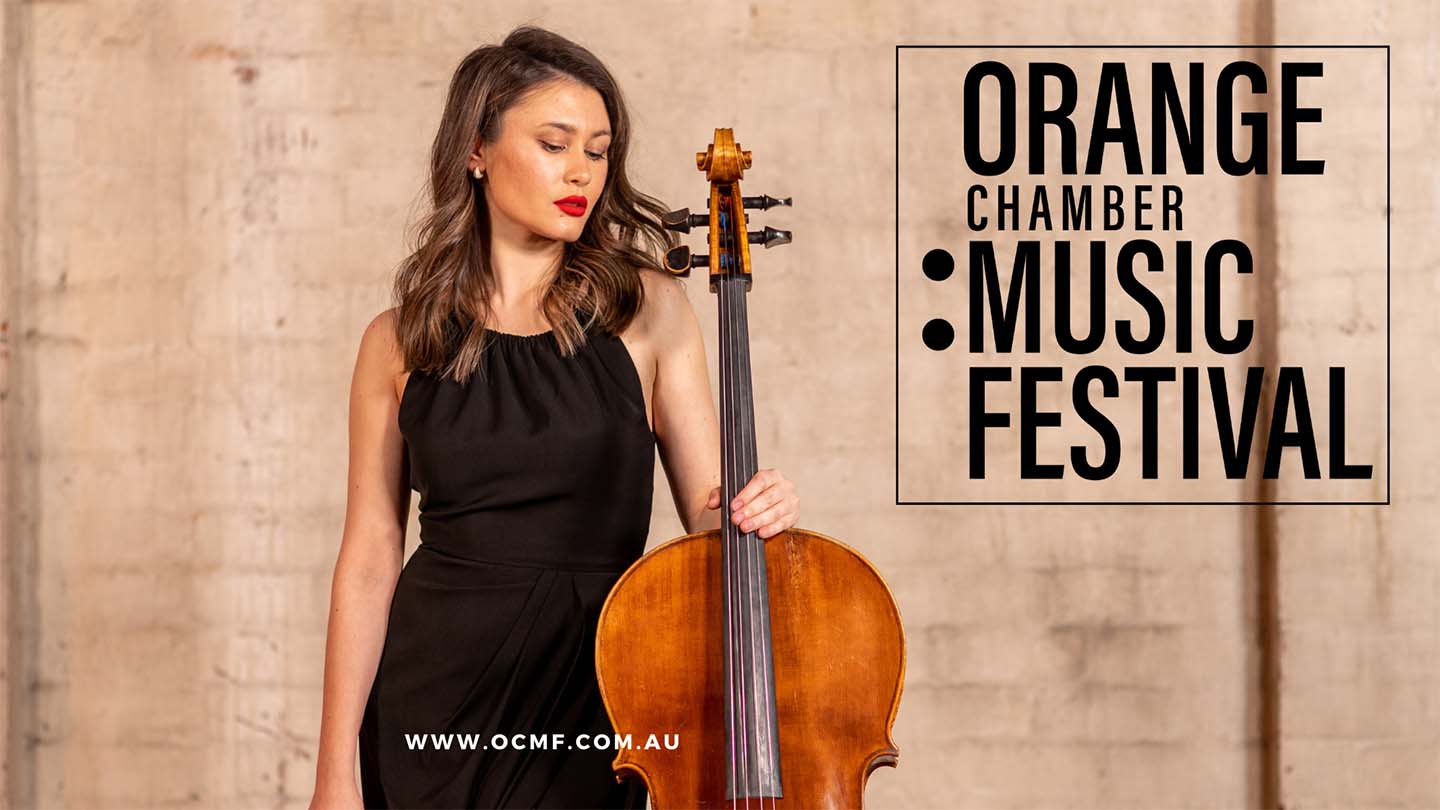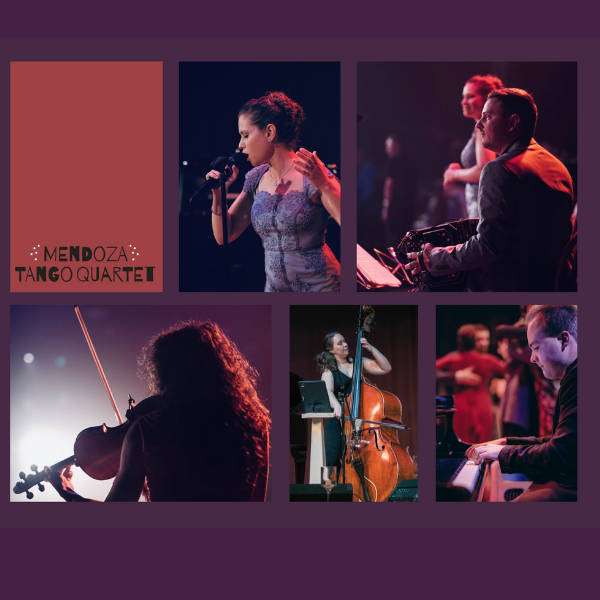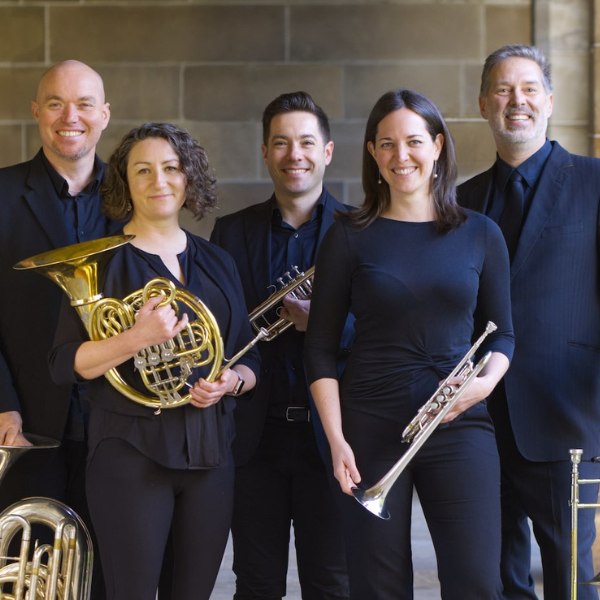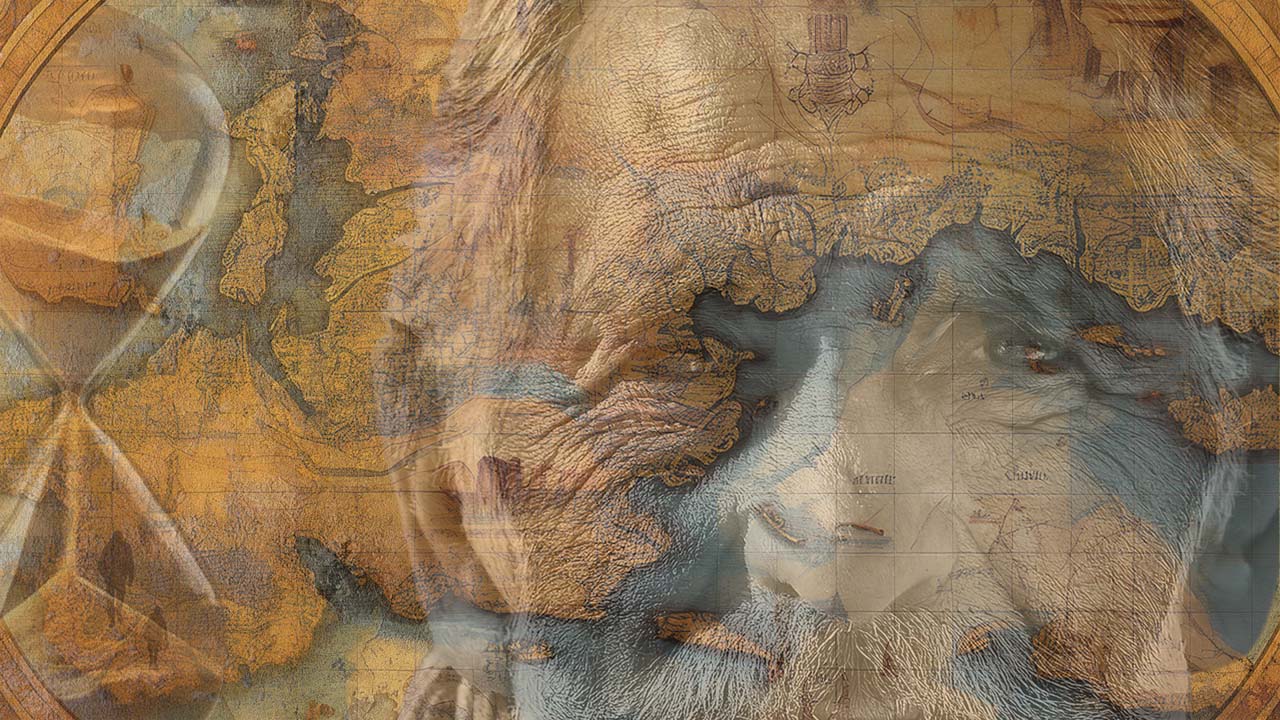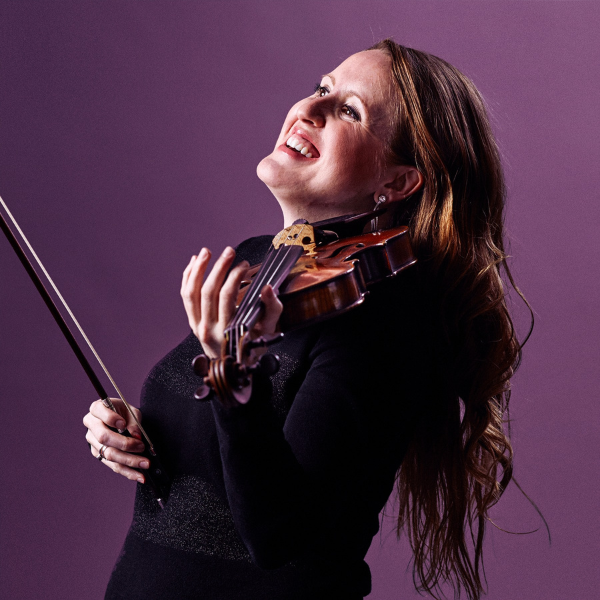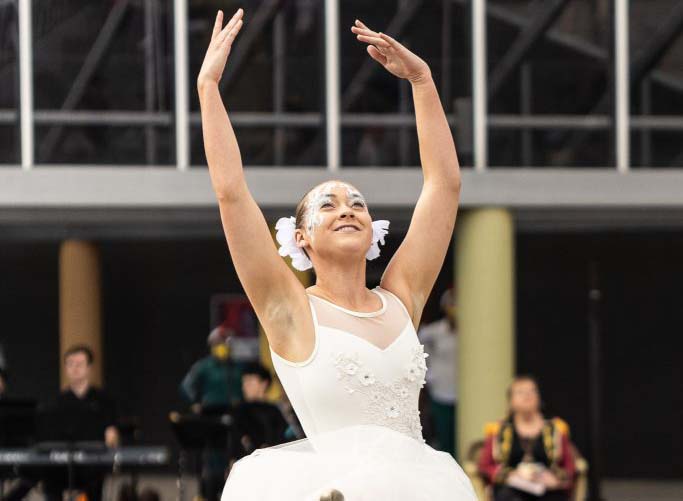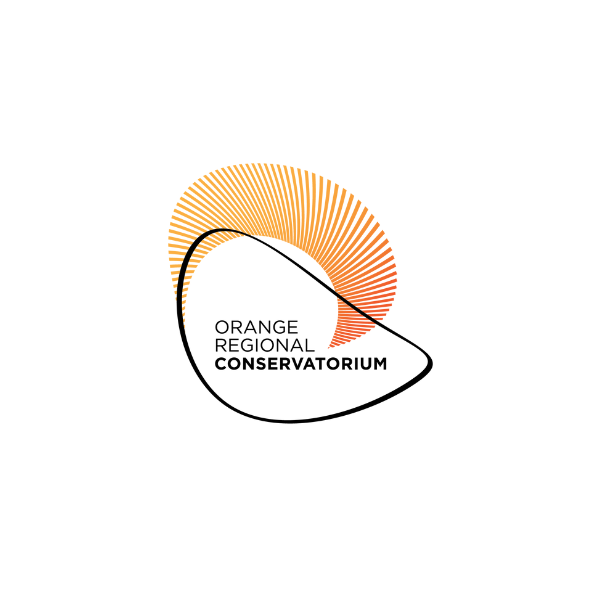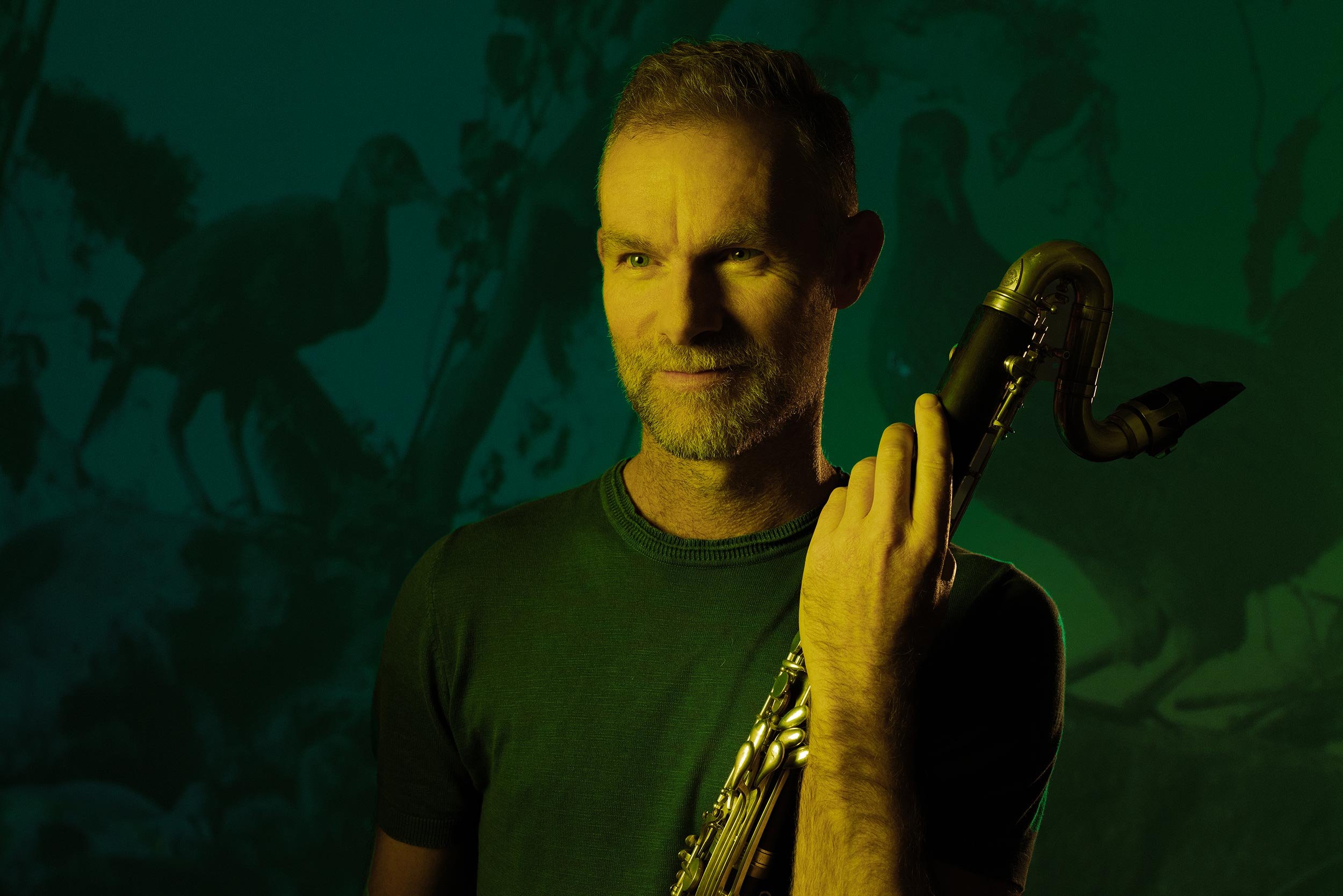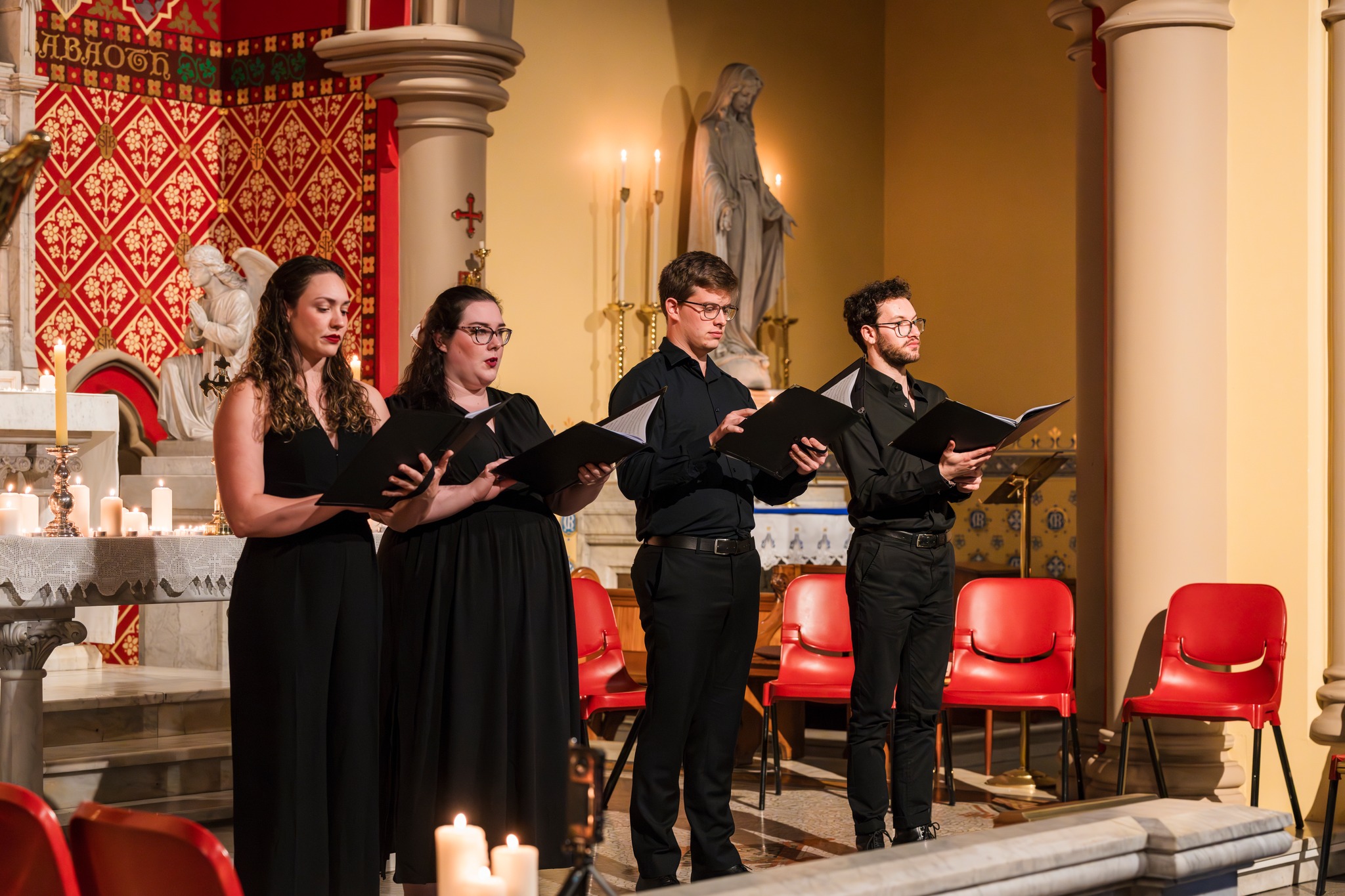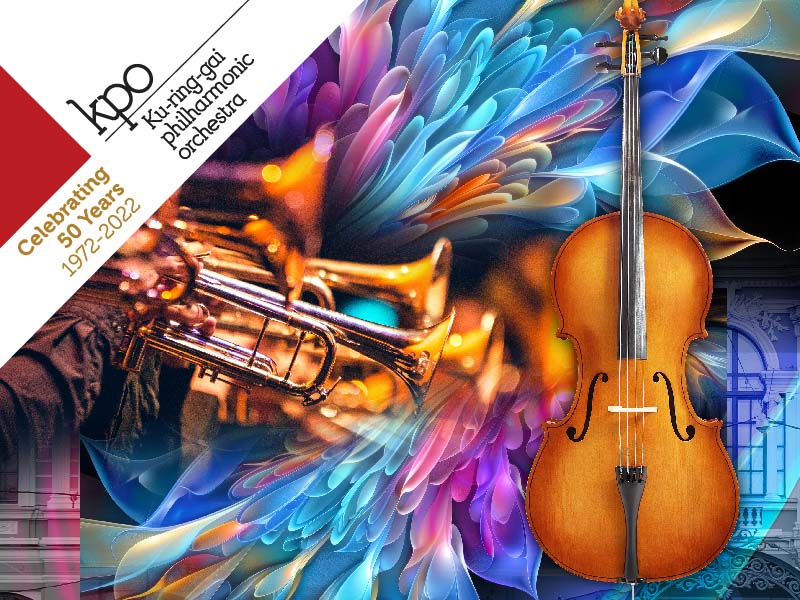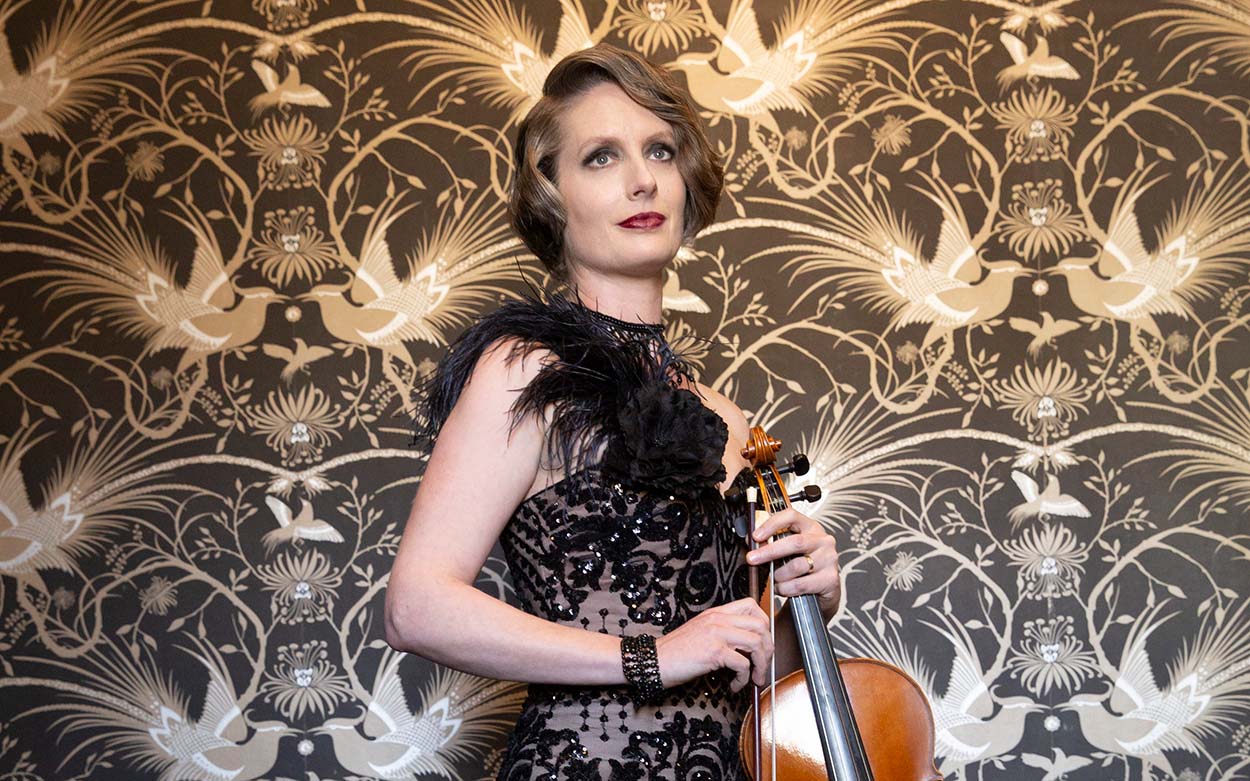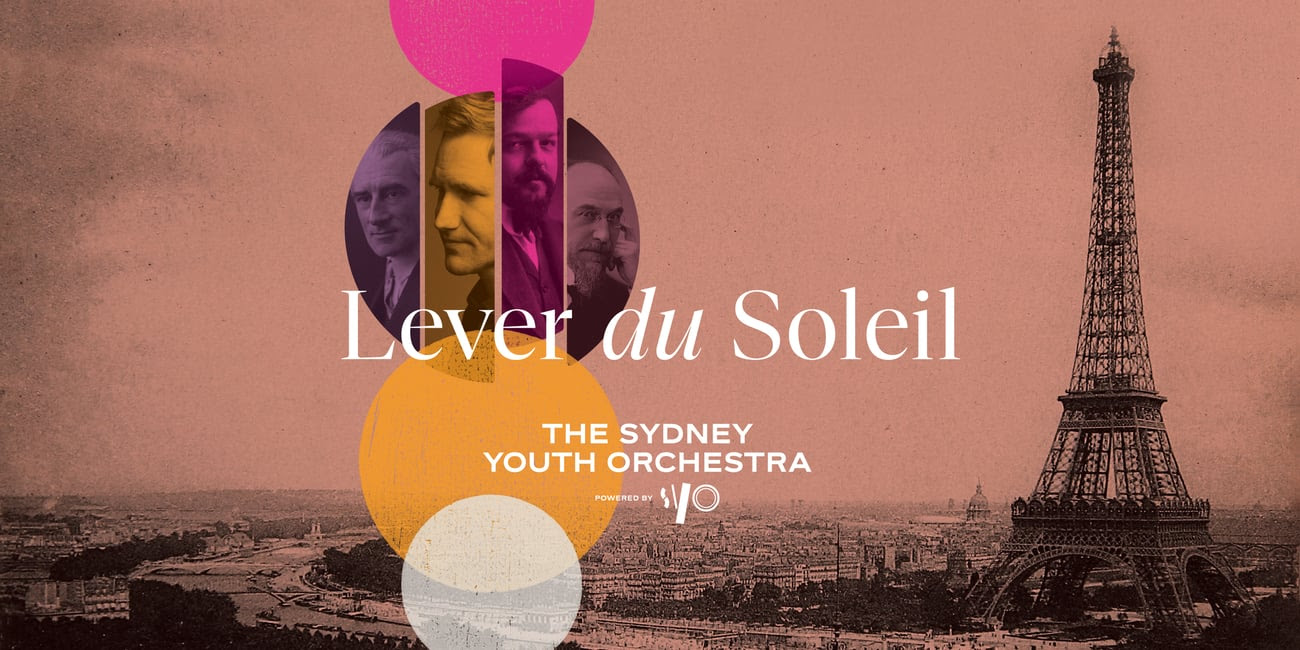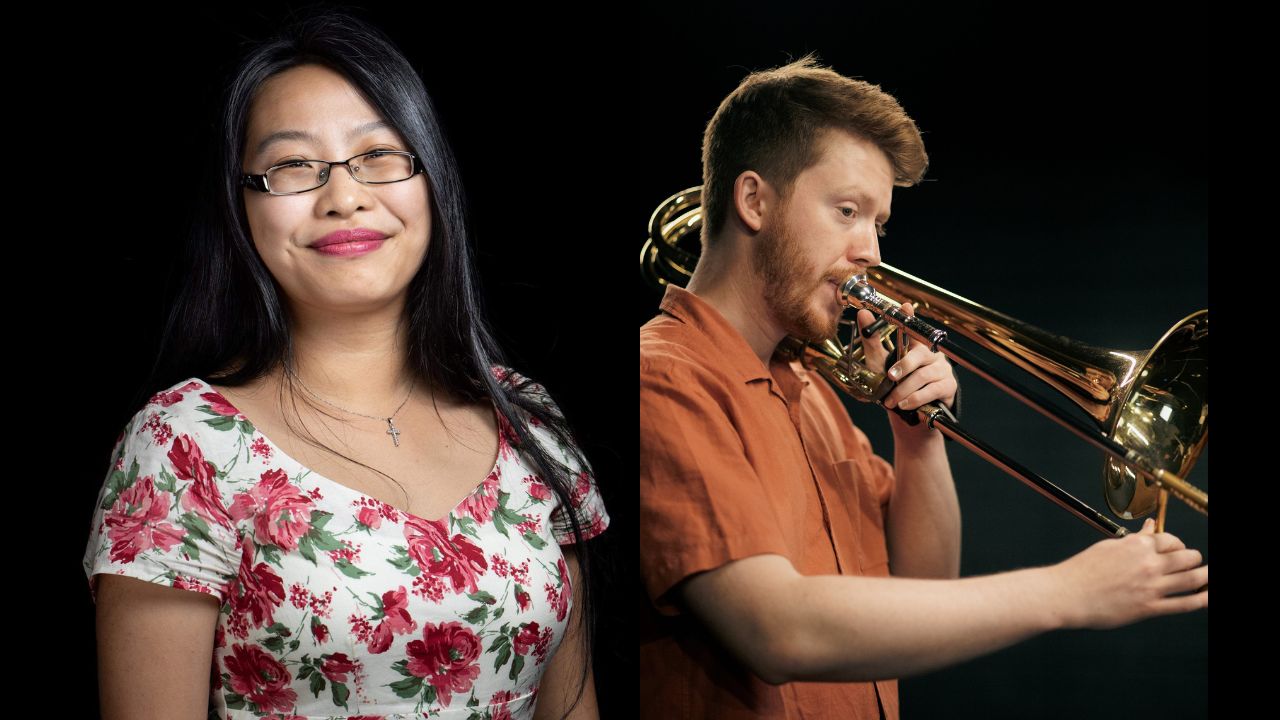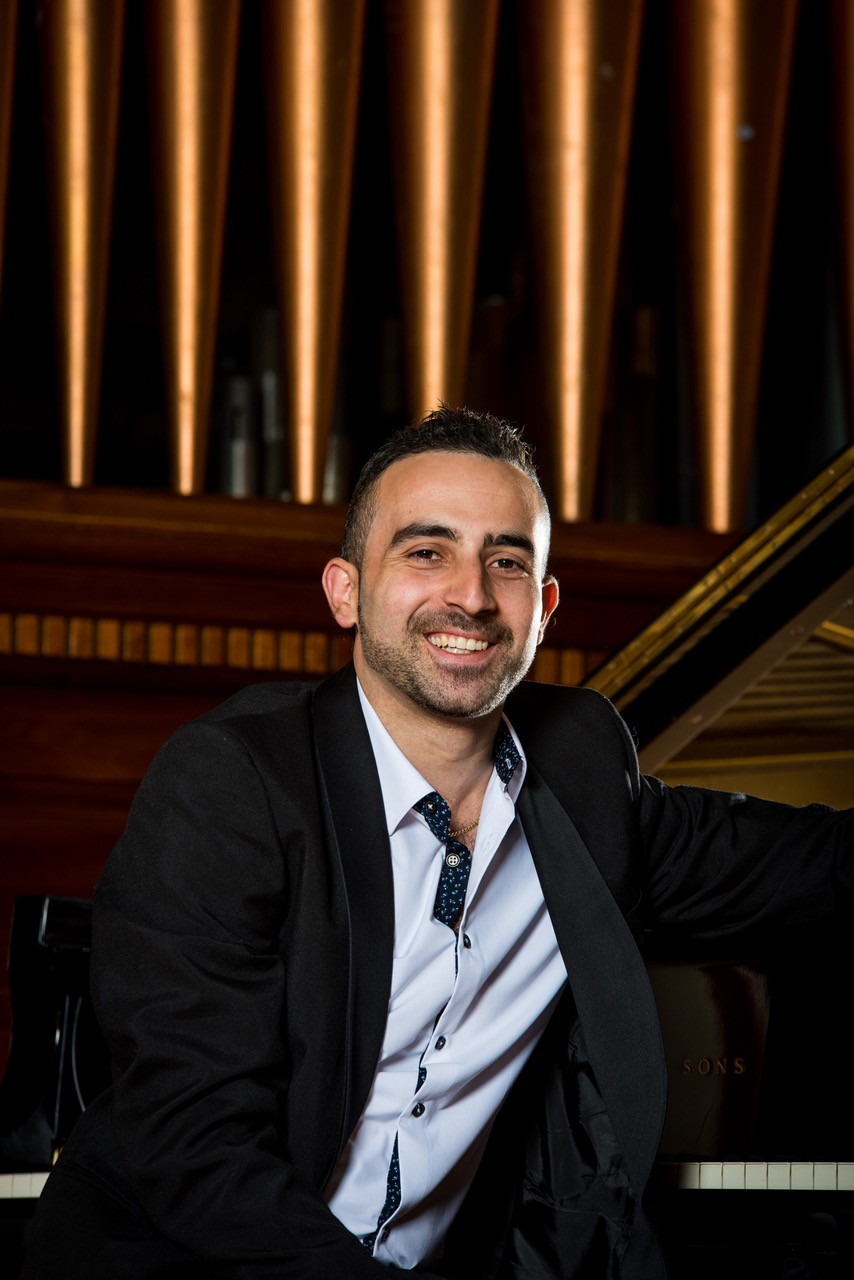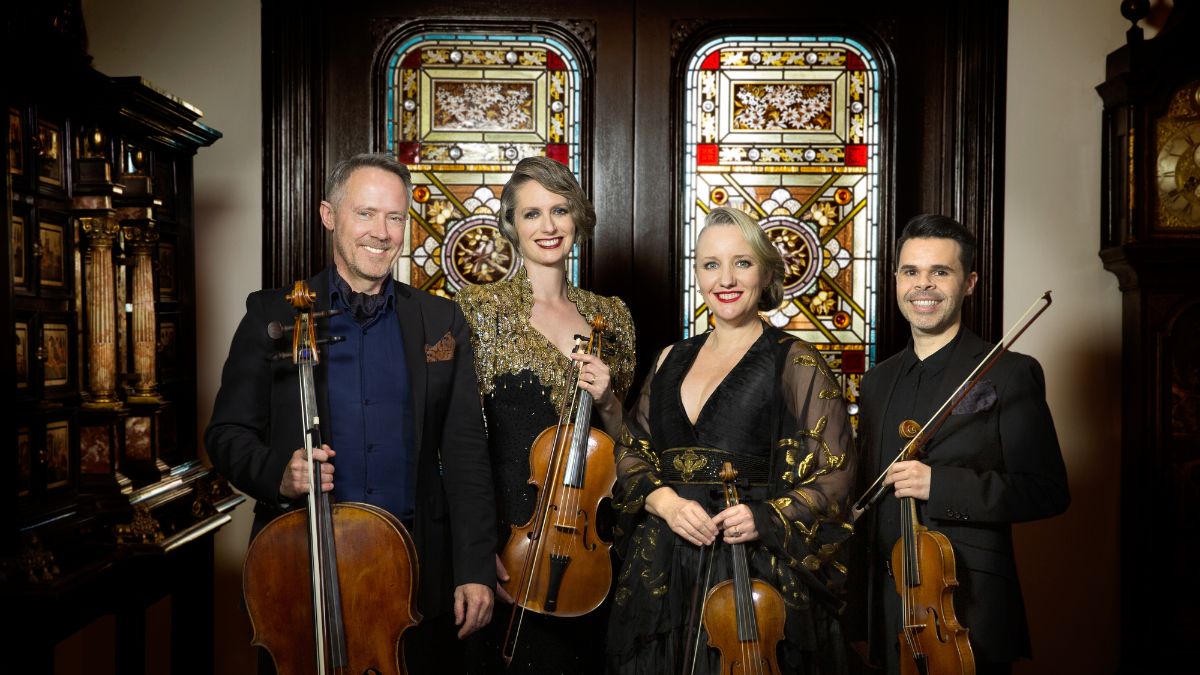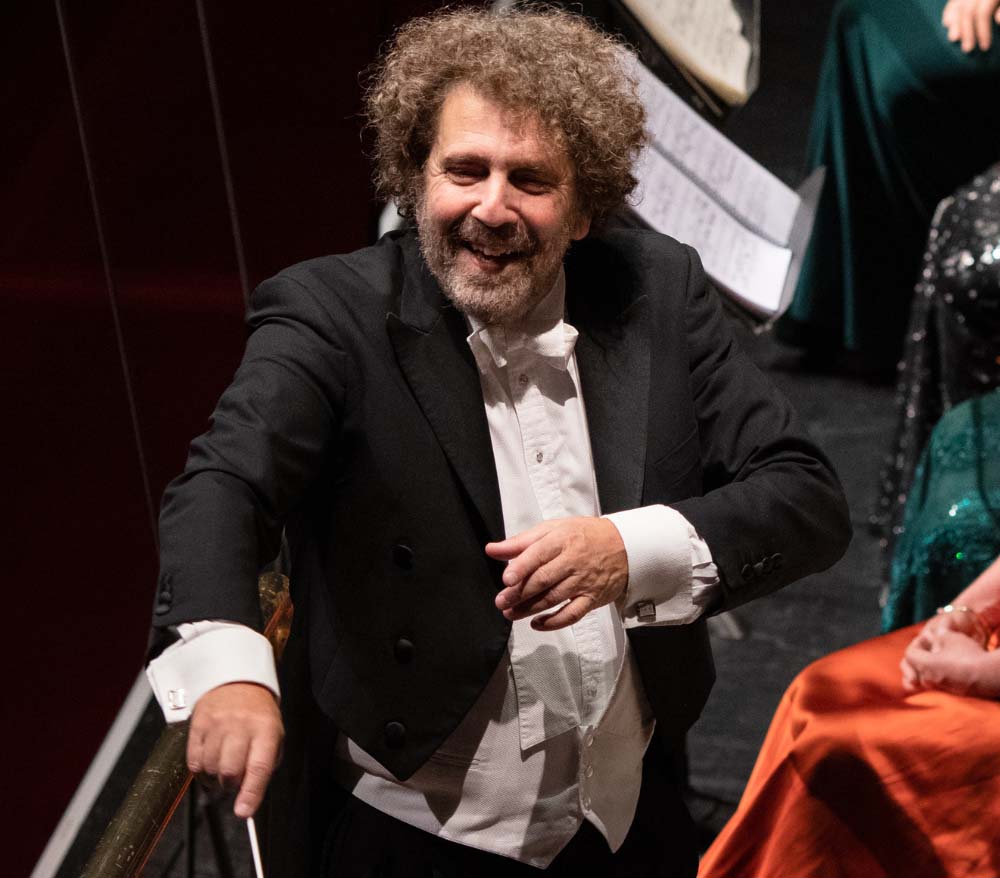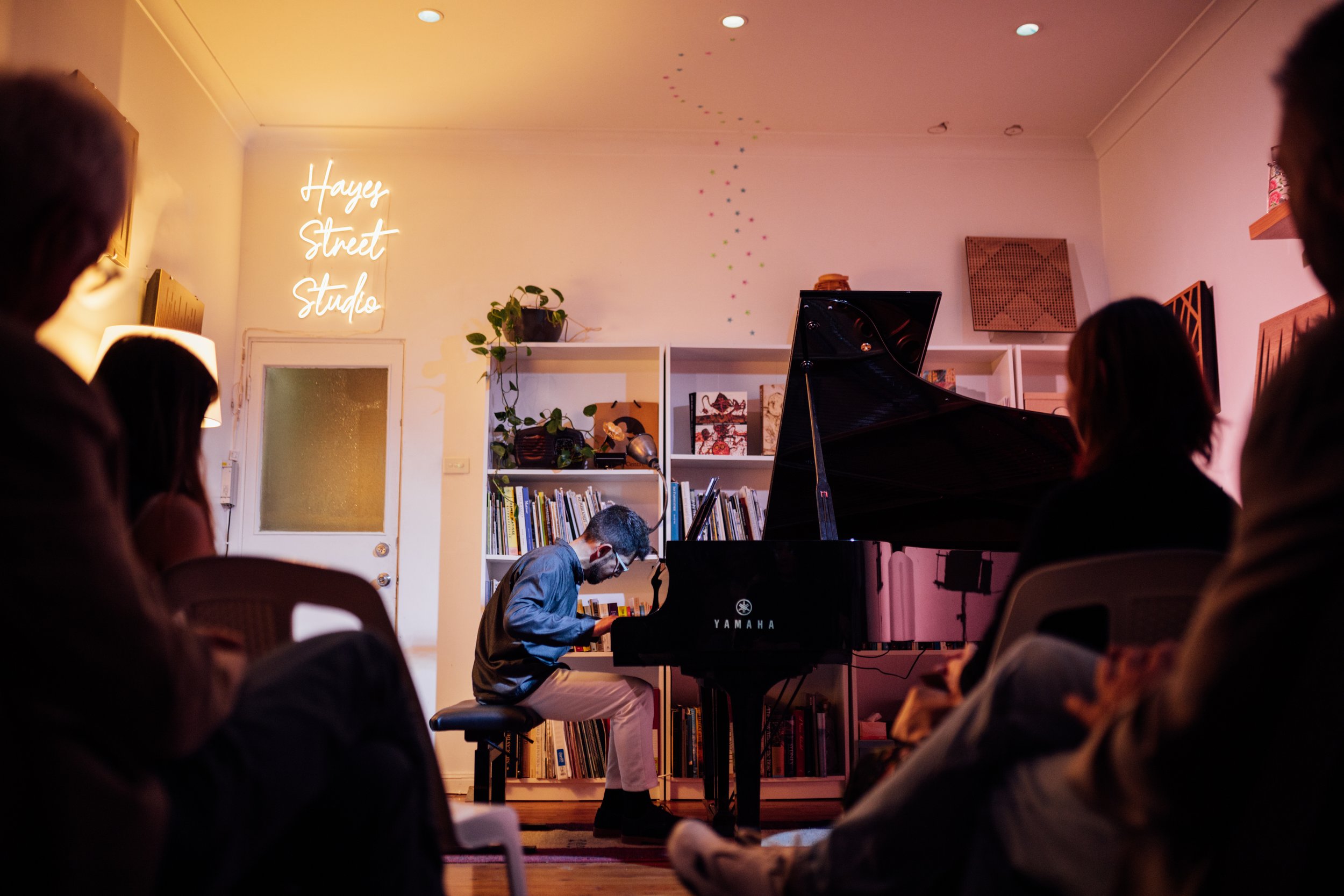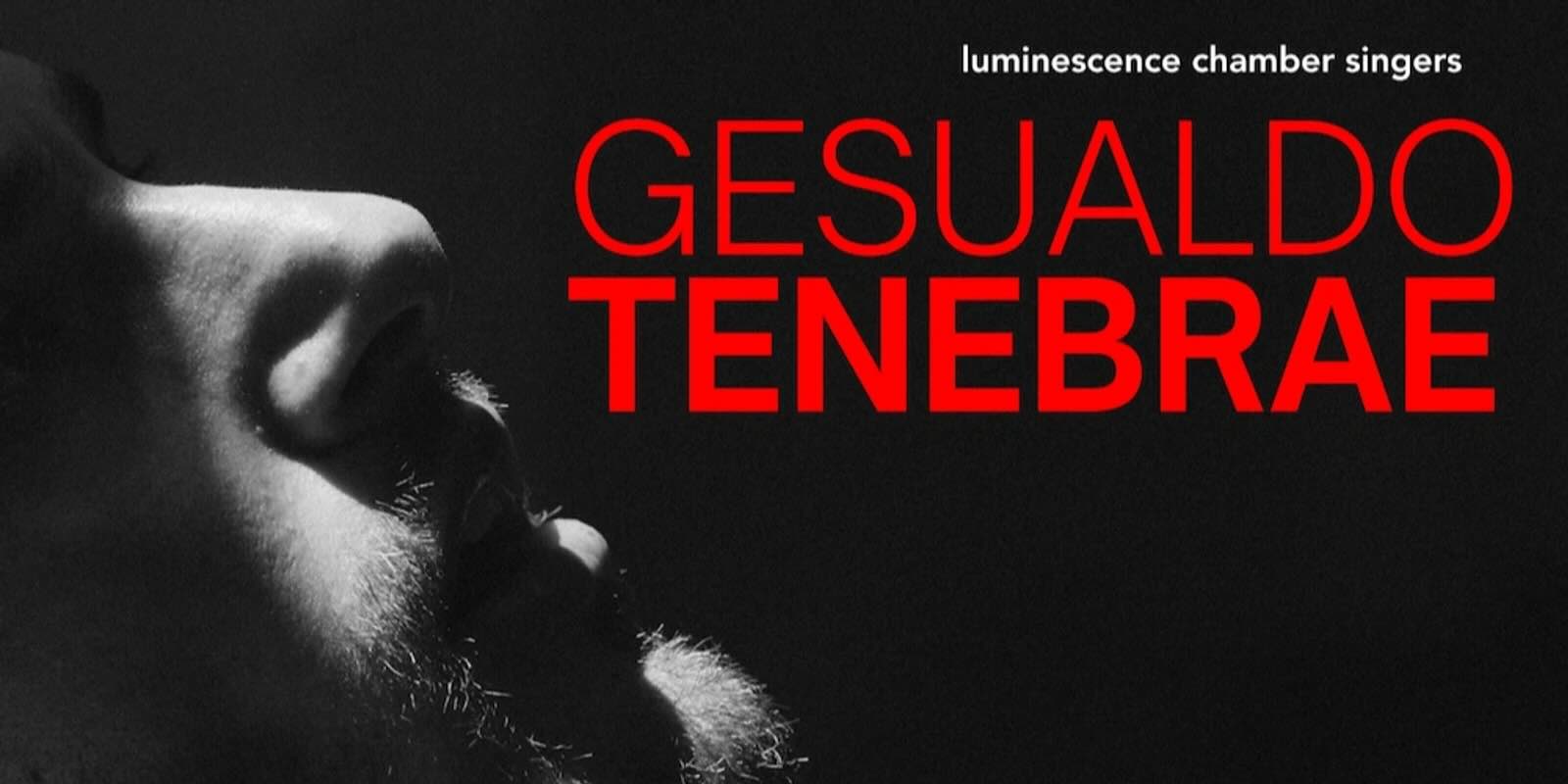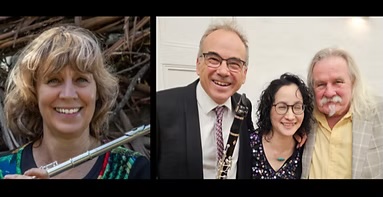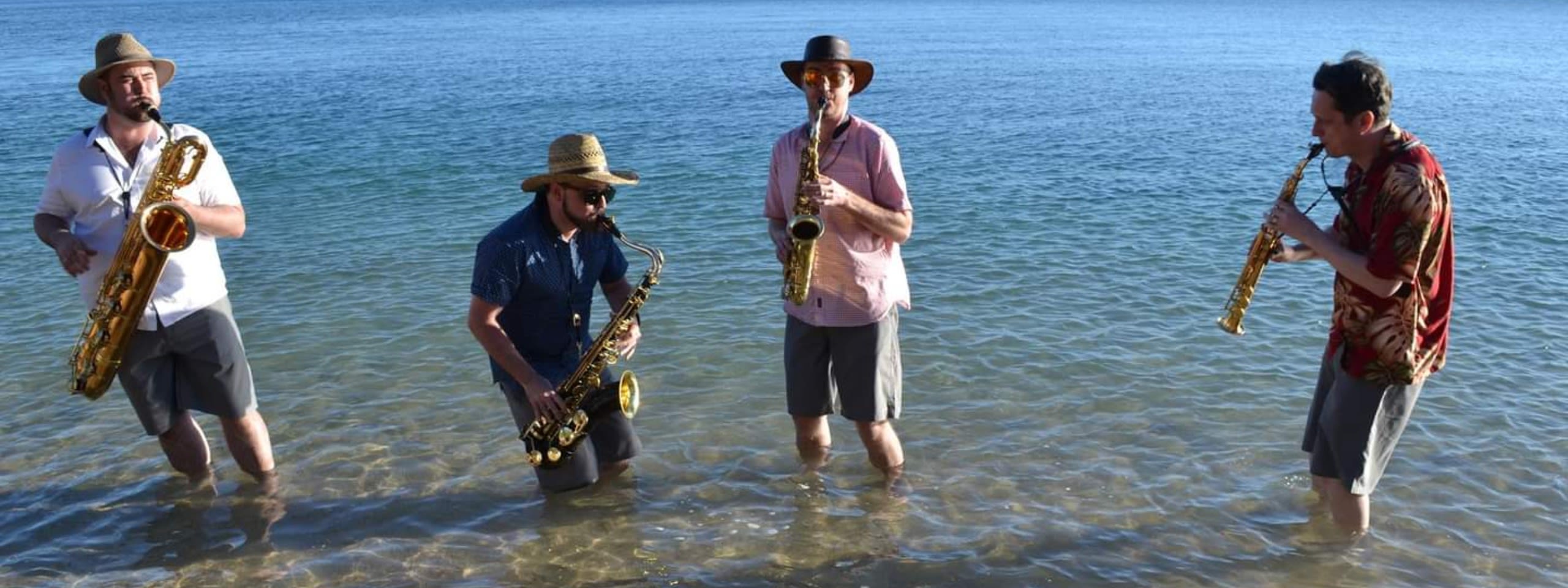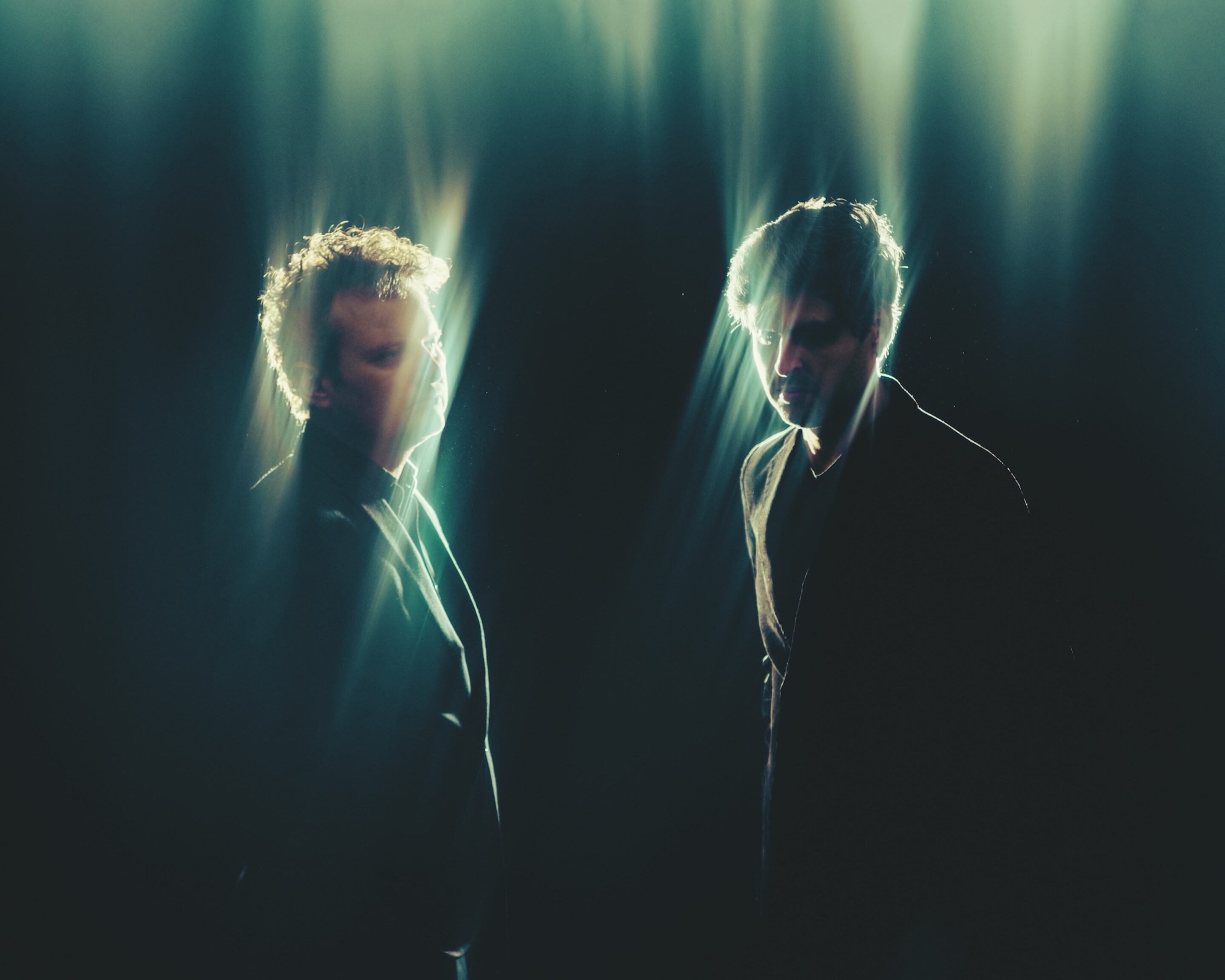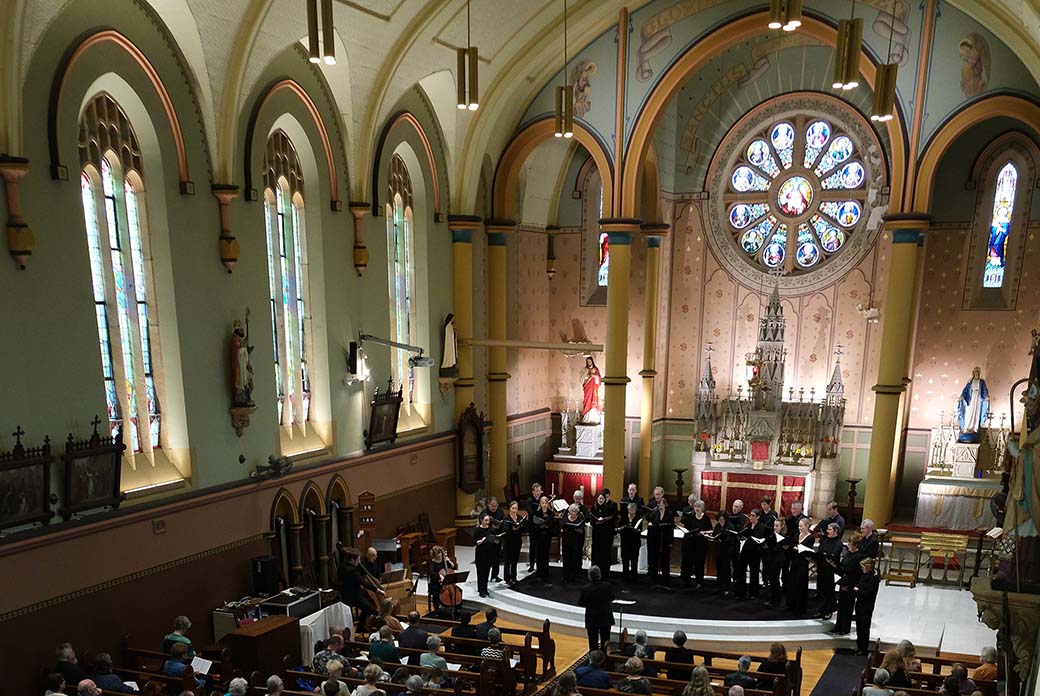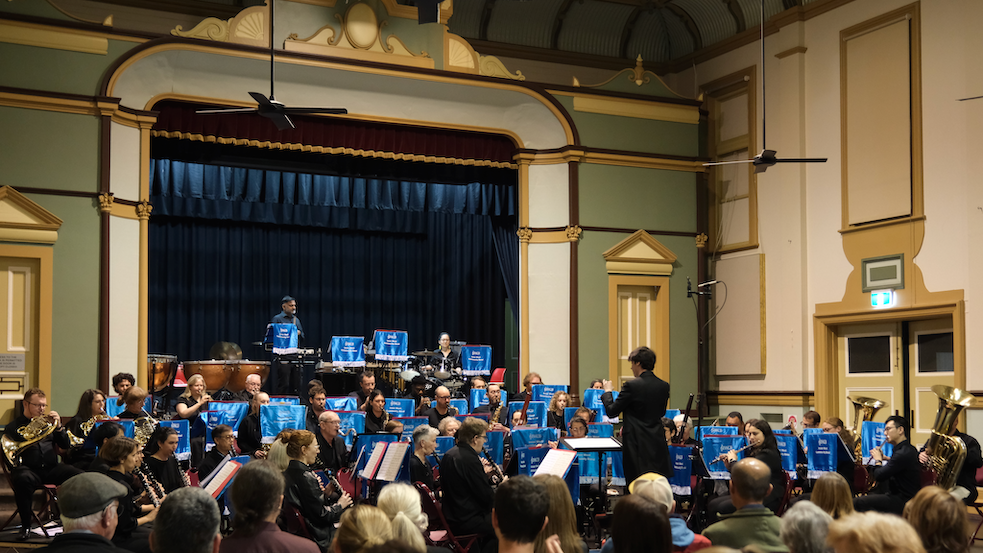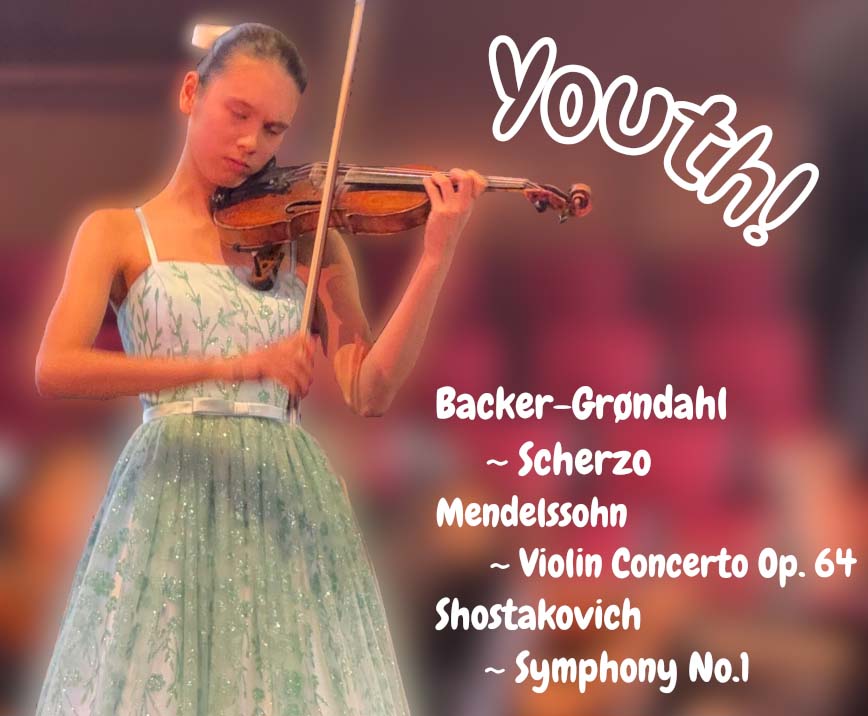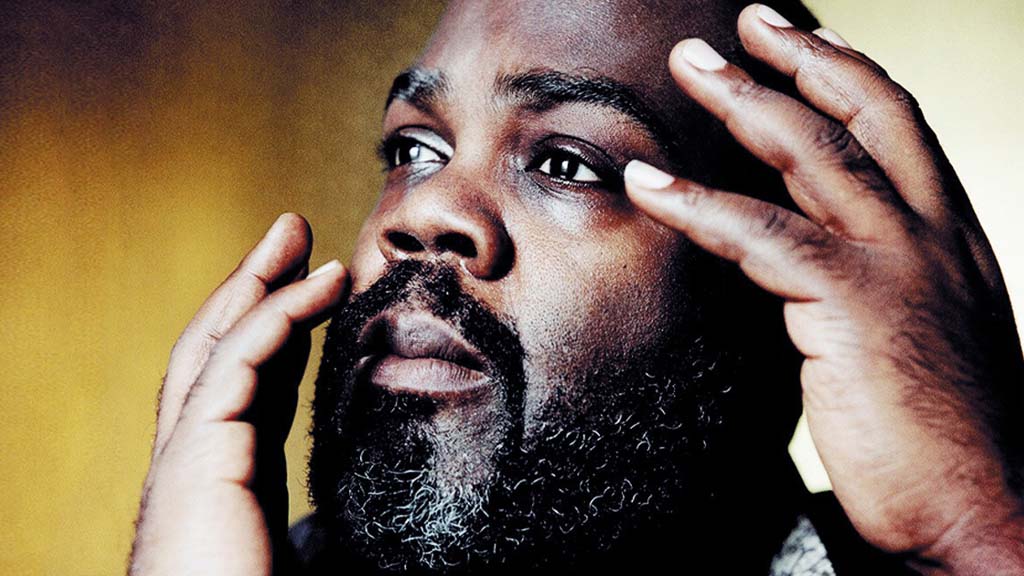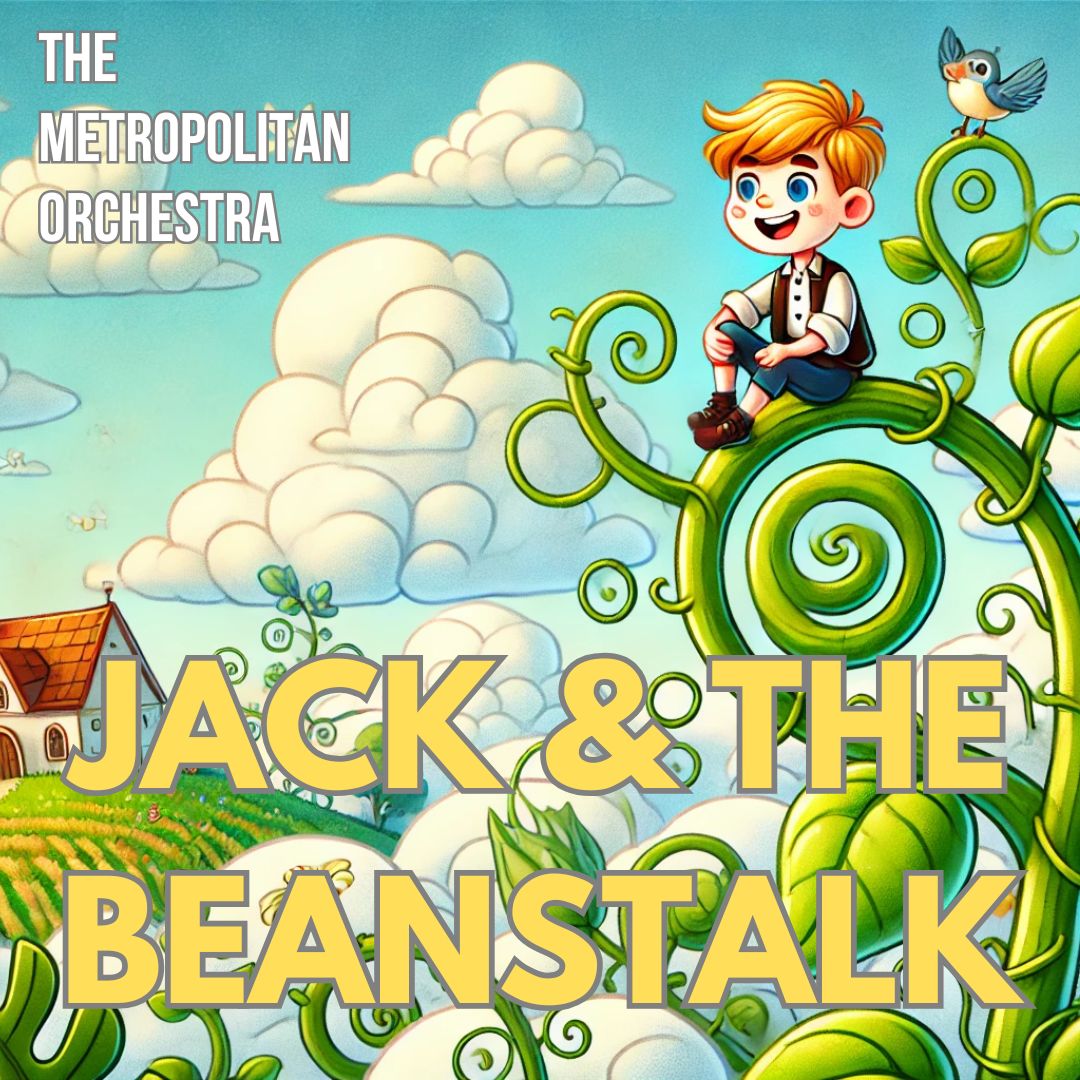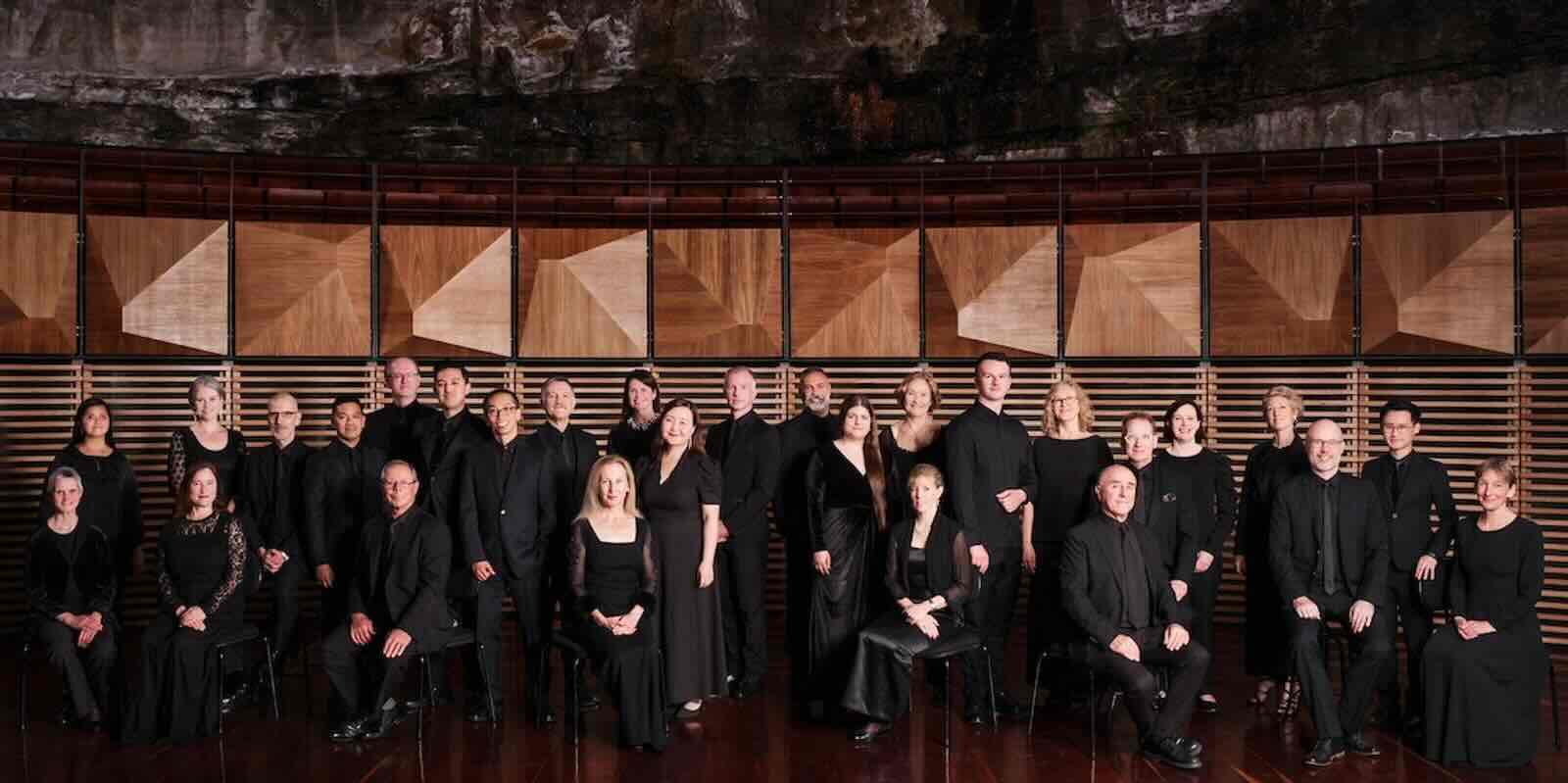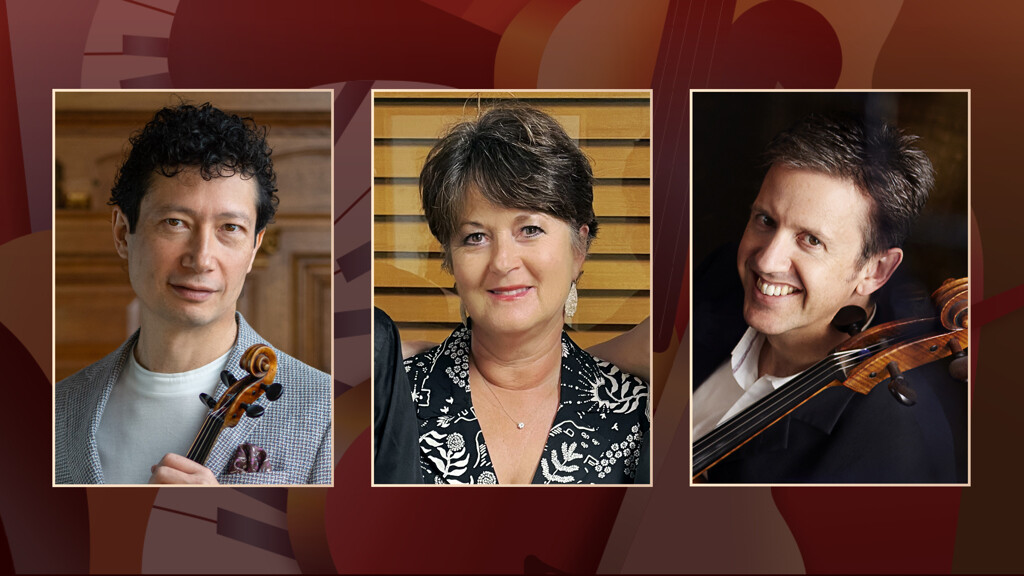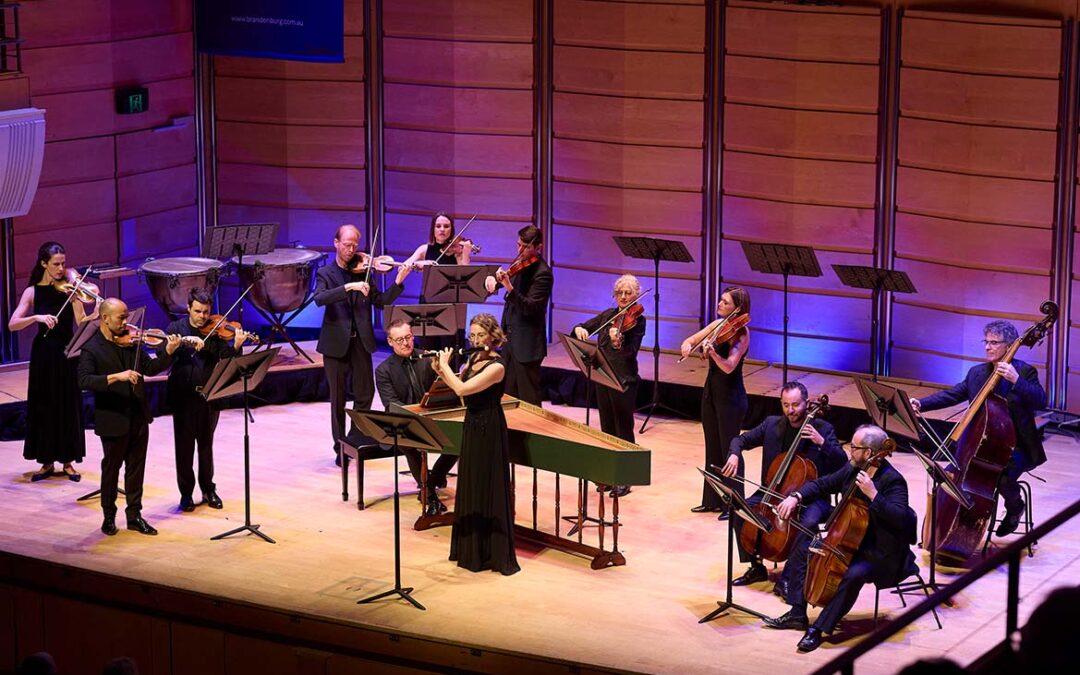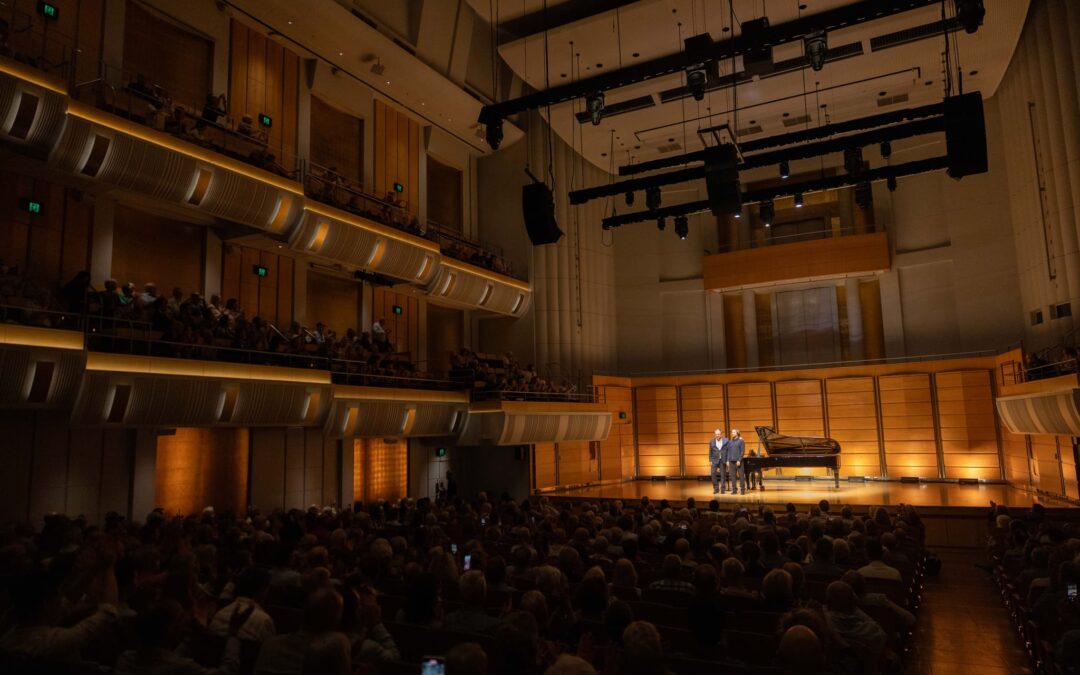The singer Josie Ryan and the viol consort The Emeralds are doing a series of concerts this year to commemorate the 450th anniversary of Claudio Monteverdi’s birth. Monteverdi’s music stands at the cusp between the Renaissance and the Baroque and here we heard works from his Books of Madrigals 3, 4, 5 and 8 spanning this divide. These were interspersed with viol consort music from his English contemporaries Orlando Gibbons, John Jenkins and William Lawes.
Although the madrigals were really written for voices they are perfectly well suited to being doubled, or as in this case, replaced by instruments of equivalent ranges. They were not so precious about this back in the days before recordings. You took what was at hand and these performances are in that tradition.
Ryan has an ideal voice for Monteverdi, vibrant but pure. It established a contrast with the darker tone of the viols. She sat amongst the viols for the first group of the Book 3 madrigals but after that stood. Standing produced a better sustained tone and the balance established was excellent. The whole consort allowed other “voices” to rise and fall as the melodic interest shifted. This give-and-take brings out the best from this early contrapuntal music and there was ever the sense in their performance that the music was more important than any individual musicians. Every “voice” was clearly heard throughout. “Consort” indeed.
The voice is also contrasted to the line produced by viols in that it tends to enter with decisive tone. The viols with their underhanded bowing tend to start the tone gently, and swell into notes, producing a constant rising and falling and leaning with great beauty into prepared dissonances, enhanced by the generous acoustics of the church. This contrast served to foreground the voice, and as carrier of the text this was entirely appropriate and worked very well musically.
The consorted music for viols only by Gibbons, Jenkins and Lawes was filled with drama and life, supported by meticulous phrasing and intonation. I would expect little less from a group of such able early music specialists. We were lucky especially to have the presence of the eminent Wendy Gillespie on treble viol. She is Professor of Music at the Jacobs School of Music in Bloomington Indiana and is a member of Fretwork and Phantasm.
I really enjoyed the operatic (and famous) Lamento della Ninfa from Book 8, with all its expressive word-painting and high drama. A great way to finish the early music part of the concert.
The last two pieces on the program were compositions by Brooke Green, who also played treble viol and is Musical Director of the group. These pieces were written as musical gifts to two kids who have been long term prisoners on Nauru. Their plight was exposed in a Four Corners program last year. Both pieces are vocalises. The first is for a 17 year old girl called Shamim who was hoping to become a doctor but her education has stalled. The piece is filled with dissonance, sadness and yearning. The second piece is for a much younger girl, Batch, and the vocalise here is a childlike (but certainly not trite!) song and filled with hope and wide eyed wonder. These pieces were very moving and it is great to see musicians applying their talent to make sure these kids are not forgotten.
All round this concert was a delight and I would be more than happy to see this group whenever they perform. Try to catch one of their upcoming concerts.
Review for:
![]()
Josie and the Emeralds: Monteverdi and the Golden Age | Sunday 9 April | Blessed Sacrament Church, Mosman,
![]()

